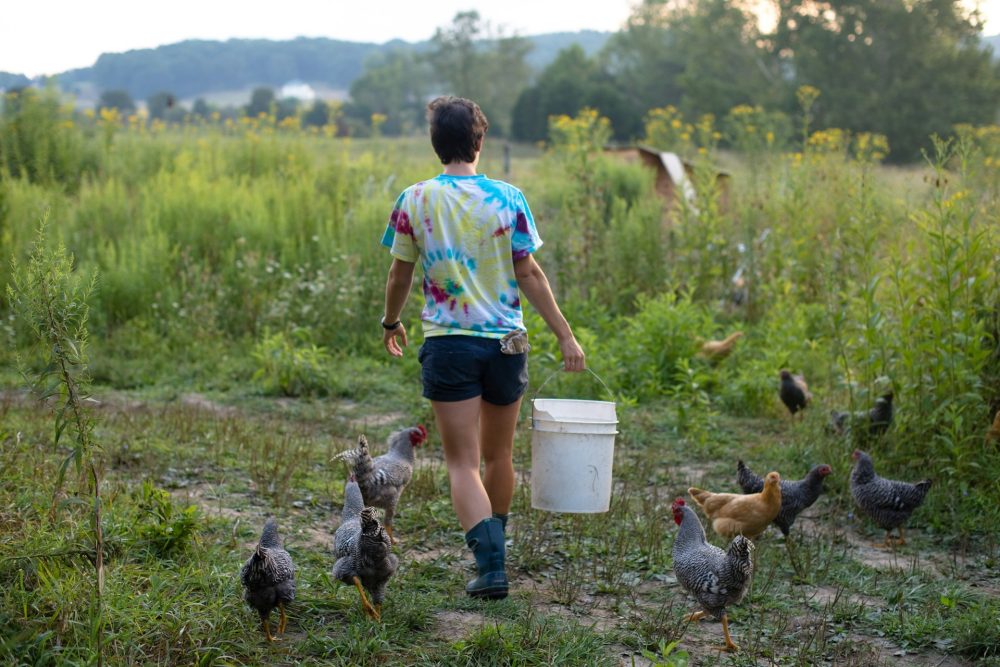Gut health might be the key to living longer and better. That is what researchers discovered while studying Maria Branyas Morera, the world’s oldest person, who lived to the age of 117. She was not just lucky. Her body, especially her gut, was working like that of someone 100 years younger.
Morera’s gut health looked more like a child’s than someone close to 120. Scientists studied her genes, gut bacteria, and habits to find out why. What they found could change how we think about aging.
Gut Health That Defied Age
Maria’s gut was packed with Bifidobacterium, a powerful type of bacteria known to fight inflammation. Inflammation is a quiet troublemaker in the body. It wears us down over time and is linked to diseases like diabetes and Alzheimer’s. But in Maria’s case, her gut stayed calm and balanced.

GTN / In Maria’s case, her gut microbes helped her stay sharp and mobile well past 100. The bacteria also helped keep her immune system strong, which likely kept serious illnesses at bay.
This kind of anti-inflammatory gut environment helps the whole body. It protects your brain, muscles, and even your bones.
Her Cells Were 17 Years “Younger”
Scientists didn’t just look at Maria’s gut health. They also studied how her cells aged. It turns out that her body functioned like that of someone 17 years younger. That’s not about how she looked. It is about how her cells behaved on the inside.
They used a method called DNA methylation. It’s a natural process that changes how our genes work as we age. In Maria’s case, her DNA methylation patterns were surprisingly youthful. That means her body didn’t wear down as fast as most people’s.
Avoiding Stress and Toxicity was Key
Maria also made one thing clear: She stayed away from toxic people. That might sound like a joke, but stress can damage your body. It messes with your gut health and weakens your immune system. Maria’s calm mindset and quiet life probably gave her body time to heal and rest.
She didn’t chase fads or expensive treatments. Her life was steady and light on stress. That balance may have been part of what kept her young on the inside.
Genes Played a Role & So Did Lifestyle
Maria’s genes helped. Researchers found some rare versions of genes that protect against heart disease and cancer. Her immune system stayed strong, which is one of the biggest challenges as people age.

Shameel / Pexels / The study suggests that a steady diet of plant-based foods and probiotics gave her body what it needed to thrive.
But she didn’t just rely on her genes. Maria walked every day, never smoked, and didn’t drink. She ate plenty of fruits and vegetables - and had three yogurts a day. That simple habit likely helped keep her gut full of good bacteria.
Supercentenarians vs. the Rest of Us
Living past 110 is still extremely rare. Most people won’t reach that age even with great care. But understanding how supercentenarians like Maria's age could help all of us add healthy years to our lives.
Her gut health, immune genes, and slow-aging cells create a kind of blueprint. It is not about chasing immortality. It is about extending the years when we feel strong, sharp, and mobile. Even if we never hit 117, living better for longer is something everyone wants.








